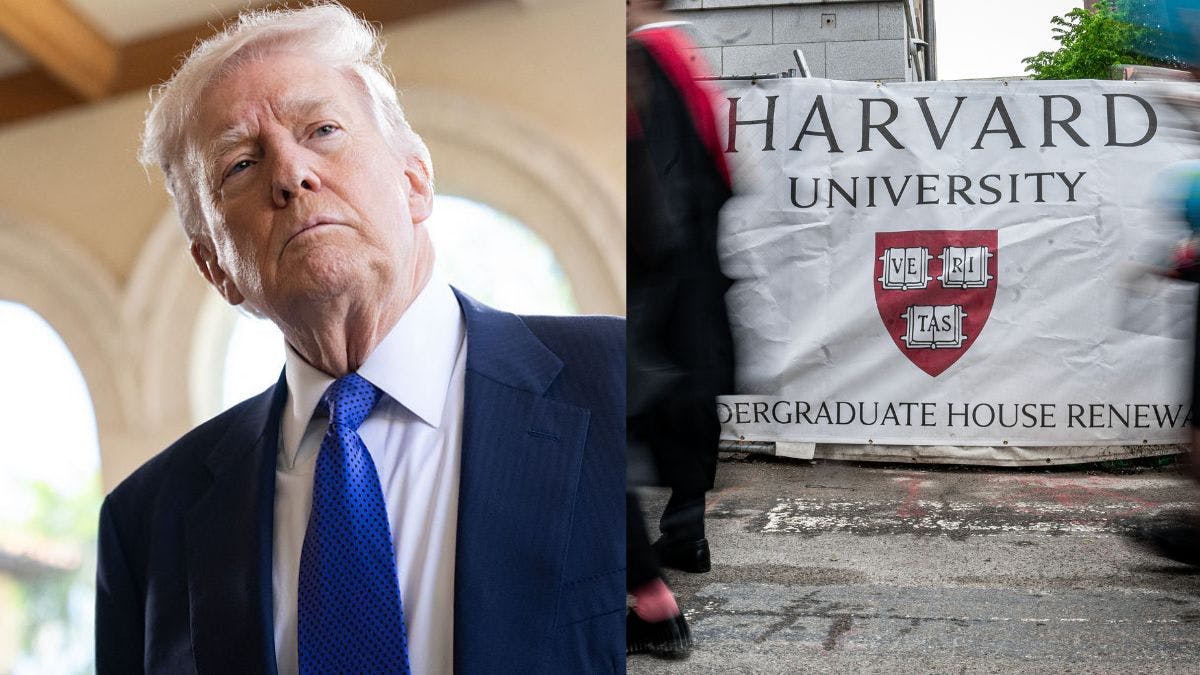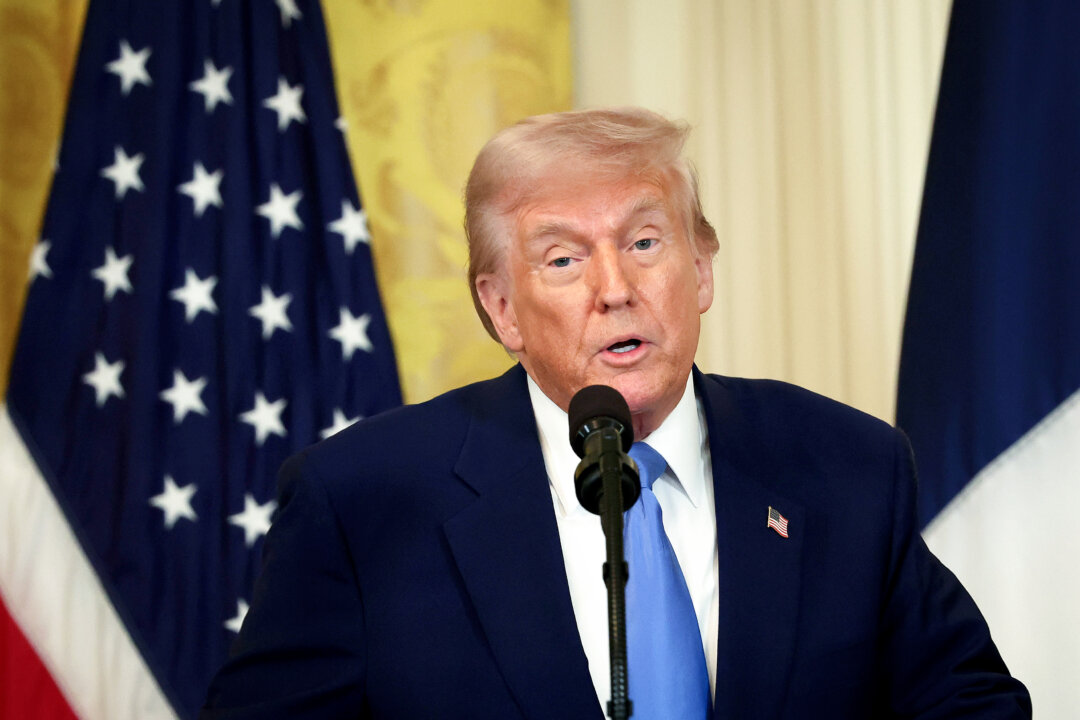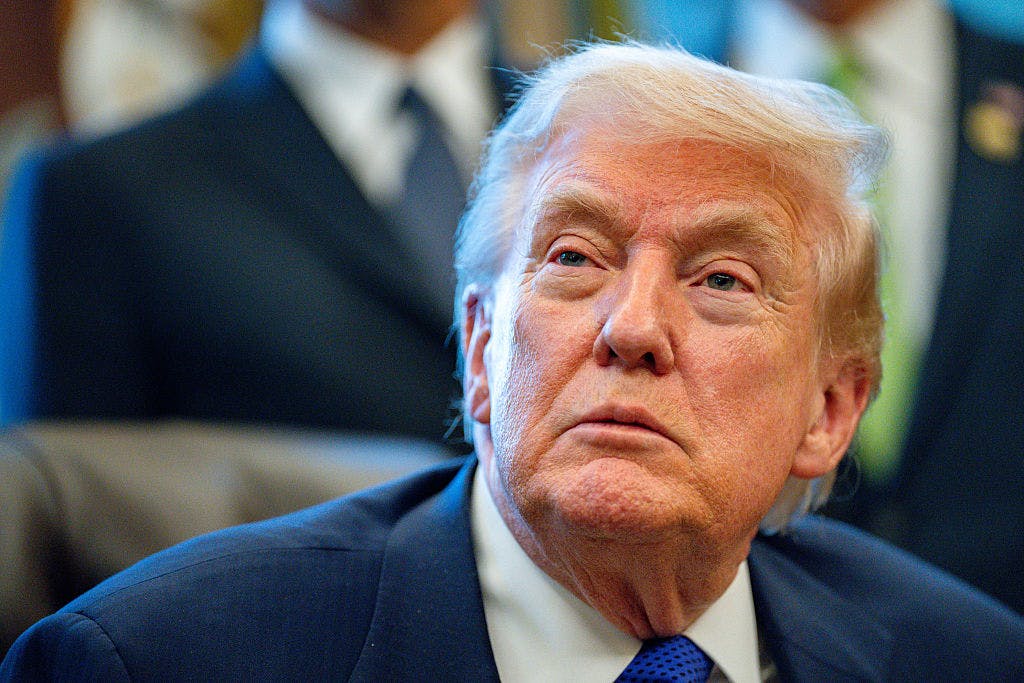Trump tariffs push China and India to reconcile despite violent border disputes
The article discusses how escalating U.S. tariffs under the Trump administration have pressured longstanding regional rivals China and India to ease tensions and pursue reconciliation despite ongoing border disputes. Indian Prime Minister Narendra Modi is meeting with chinese Foreign Minister Wang Yi to address territorial conflicts in the Ladakh region of the Himalayas,an area marked by unclear borders and violent clashes,including a deadly confrontation in June 2020. Both countries have increased military infrastructure along the border, but recent diplomatic efforts signal a move toward normalization. Wang acknowledged past setbacks in bilateral relations and criticized “unilateral bullying,” implicitly referring to U.S. trade sanctions impacting both nations-china due to the trade war and India because of its oil purchases from Russia. the article also notes the broader regional dynamics,including strained India-pakistan relations and Pakistan’s closer ties to the U.S. despite this complex backdrop, China emphasized a balanced approach to its relationships with both India and pakistan, expressing readiness to facilitate peaceful resolutions. U.S. economic pressure is seen as a catalyst pushing China and India toward diplomacy despite deep-rooted conflicts.
Trump tariffs push China and India to reconcile despite violent border disputes
Swelling economic sanctions from the United States are forcing once-bitter rivals in Asia to make amends.
Indian Prime Minister Narendra Modi is meeting with Chinese Foreign Minister Wang Yi on Tuesday, where they are expected to discuss long-standing territorial disputes in the Himalayan mountain region of Ladakh.
“The setbacks we experienced in the past few years were not in the interest of the people of our two countries,” Wang said ahead of his meeting with Modi. “We are heartened to see the stability that is now restored in the borders.”
Wang has already met with Indian Foreign Minister Subrahmanyam Jaishankar and National Security Adviser Ajit Doval.
The diplomatic campaign is a big step in normalizing relations between India and China after years of friction caused by a lethal scrimmages between Indian and Chinese forces.
Territory in the Ladakh region is claimed by both India and China, but there is no widely accepted line of division due to a lack of proper demarcation during European colonization of the region.
India and China both pour money into defensive assets and infrastructure on the border, where soldiers on patrol have clashed multiple times in the last half-decade.
A specific confrontation between Indian and Chinese troops in June 2020 resulted in the deaths of at least 20 Indian soldiers and 4 Chinese soldiers.
This dispute, once seen as a massive hurdle to normalized relations, has taken a backseat in the era of U.S. President Donald Trump’s multi-front trade war.
Wang made a veiled reference to the United States during remarks in New Delhi on Monday, stating that both India and China were suffering economic setbacks from “unilateral bullying.”
China — often characterized by White House officials as the arch-rival of the U.S. in trade — has been among the countries most negatively affected by Trump’s mercurial barrage of tariffs.
India is currently suffering severe penalties imposed by the Trump administration due to its continued purchasing of oil from Russia.
MODI SLAMS PAKISTANI ‘NUCLEAR BLACKMAIL’ ON INDIA INDEPENDENCE DAY AMID FRAGILE CEASEFIRE
China is walking a tightrope by extending an olive branch to Modi just months after tensions between India and neighboring Pakistan almost boiled over into a full-fledged conflict.
Since then, Modi has accused Pakistan of irresponsibly using the threat of nuclear weapons to score political points against India.
Pakistan has cozied up to the U.S. in recent weeks, with Pakistan Chief of Army Staff Asim Munir visiting the White House twice in less than two months and reporting a “new dimension” to bilateral relations.
Trump even took a soft jab at India during his announcement of a trade deal with Pakistan last month.
Chinese Ministry of Foreign Affairs spokeswoman Mao Ning told the press on Tuesday that diplomacy with India does not indicate any change in China’s relationship with Pakistan.
“Both India and Pakistan are China’s important neighbors. China is willing to conduct friendly cooperation with both countries,” Mao said. “As for issues between them, we hope they will find proper solutions. China stands ready to play a constructive role in light of their will.”
" Conservative News Daily does not always share or support the views and opinions expressed here; they are just those of the writer."




